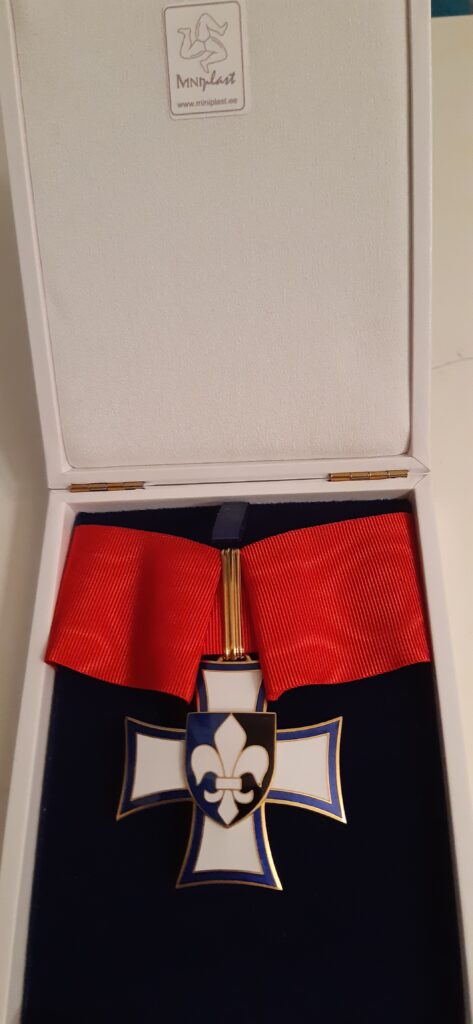primatjacquesmacaire@gmail.com
February 2026 M T W T F S S 1 2 3 4 5 6 7 8 9 10 11 12 13 14 15 16 17 18 19 20 21 22 23 24 25 26 27 28
primatjacquesmacaire@gmail.com
By the decree of His Beatitude Lord Dr. Most Reverend Dr. HEIGO RITSBEK, MA, MDiv, DMin, LittD, DD, Patriarch of The Anglocatholic Church, as of July 4, 2024, we nominate Most Reverend Dr. EARL LEWIS FRAZIER, Primate and Metropolitan Archbishop of The Anglocatholic Church also as Patriarch Coadjutor of The Anglocatholic Church, Vice – President of the Holy Synod of The Anglocatholic Church and Vice – President of the College of Bishops of The Anglocatholic Church.
As of July 4, 2024 Most Reverend Dr. RAPHAEL MARIE VILLIERE is released from the obligations of the Patriarch Coadjutor, Vice-President of the Holy Synod, and Vice-President of the College of Bishops of the Anglocatholic Church. He continues as Primate of All Europe of The Anglocatholic Church and Metropolitan Archbishop of The Metropolitan Archdiocese of Mary Mediatrix of All Graces of The Anglocatholic Church.

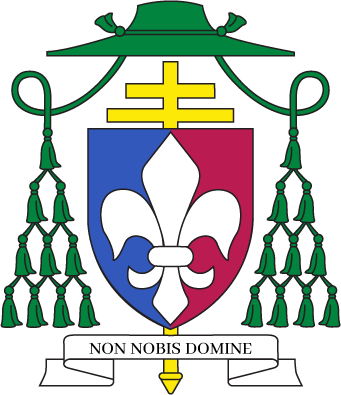
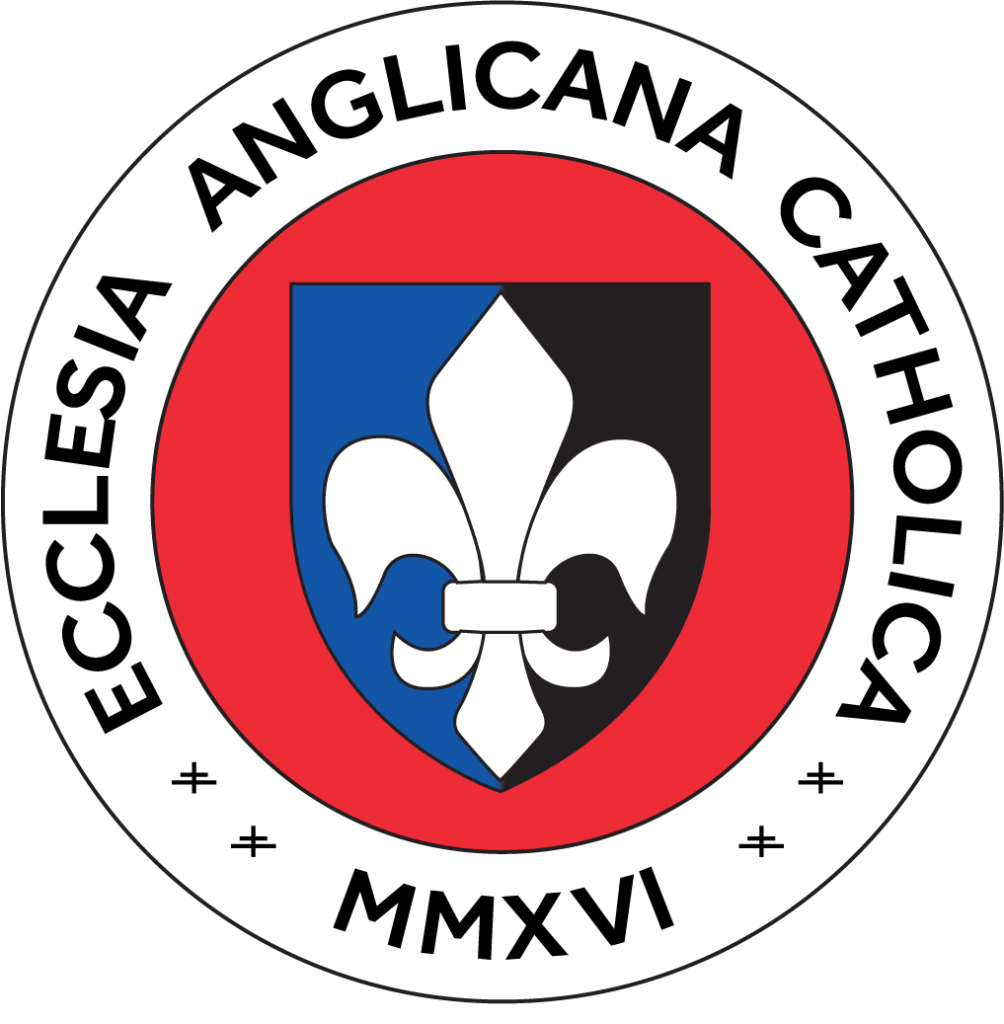
Members on the College of Bishops of The Anglocatholic Church are: Patriarch Heigo Ritsbek, Patriarch Coadjutor Raphael Marie Villiere, Primate James Christian Macaire Miafouanandi, Primate Earl Lewis Frazier, Metropolitan Archbishop Augustine Urumbayev, Archbishop Emeritus David Smith, Bishop Emeritus Paul Jacob Boardman, Bishop Florent Moussolo, Bishop Raivo Kodanik, Bishop Adriano Amato, Bishop Richard Dickerson. Total Eleven Bishops.
On Sunday, June 23, 2024, His Beatitude Lord Most Reverend Dr. Heigo Ritsbek, MA, MDiv, DMin, LittD, DD, Patriarch of the Anglocatholic Church, gave in Pärnu at Emmanuel Baptist Church – Tallinn Patriarchate Order of Honour – to the Right Reverend Dr. Joosep Tammo, MDiv, DD, former Vice-President of the Council of Churches in Estonia and Former President of the Baptist Union of Estonia.
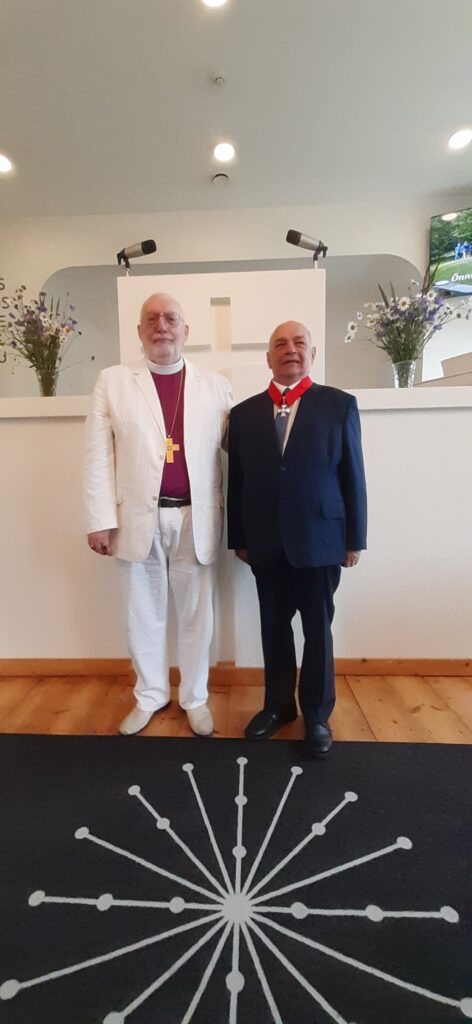
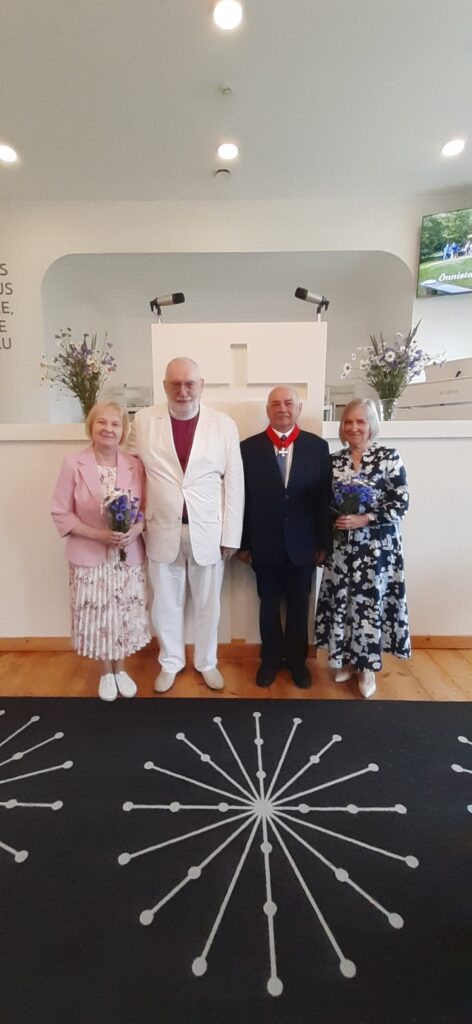
From left: Mrs. ÜLLE RITSBEK, Patriarch Lord Dr. HEIGO RITSBEK, Pastor Emeritus Dr. JOOSEP TAMMO and Mrs. AIME TAMMO.

On Saturday, June 1, 2024, His Beatitude Lord Most Reverend Dr. Heigo Ritsbek, MA, MDiv, DMin, LittD, DD, Patriarch of the Anglocatholic Church, gave in the presence of church people and relatives the First Order of Honour of Tallinn Patriarchate to His Excellency, Most Reverend Dr. Raivo Kodanik, Bishop of the Diocese of Blessed Virgin Mary Mother of God of the Anglocatholic Church, in Tallinn, Estonia.

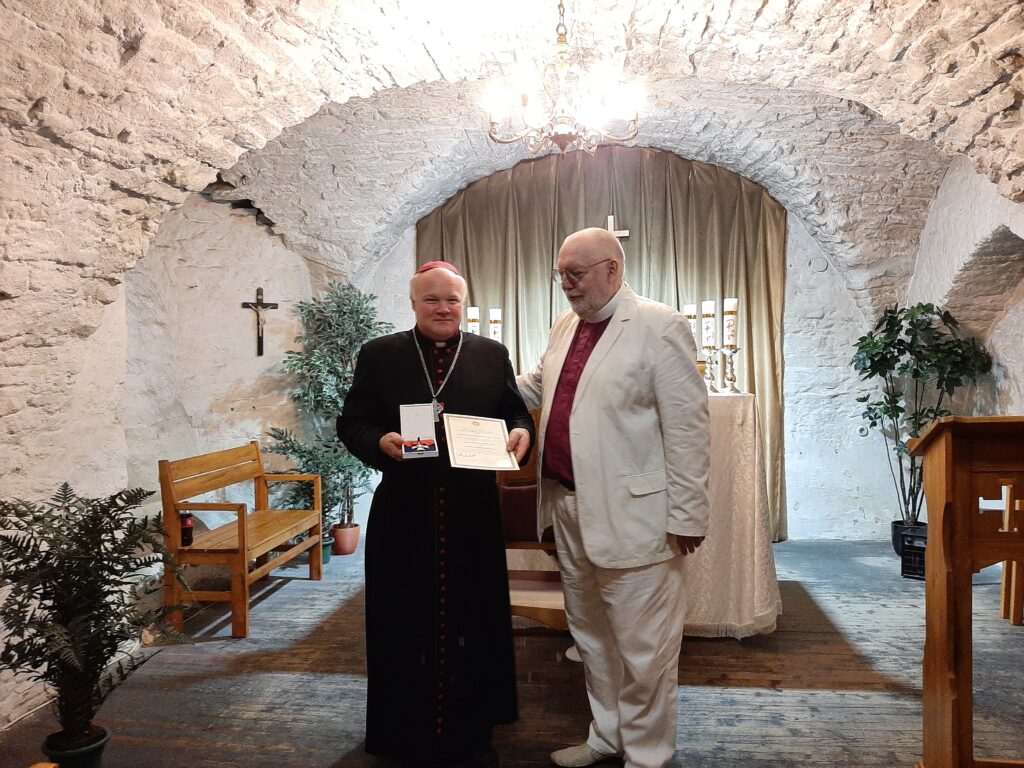
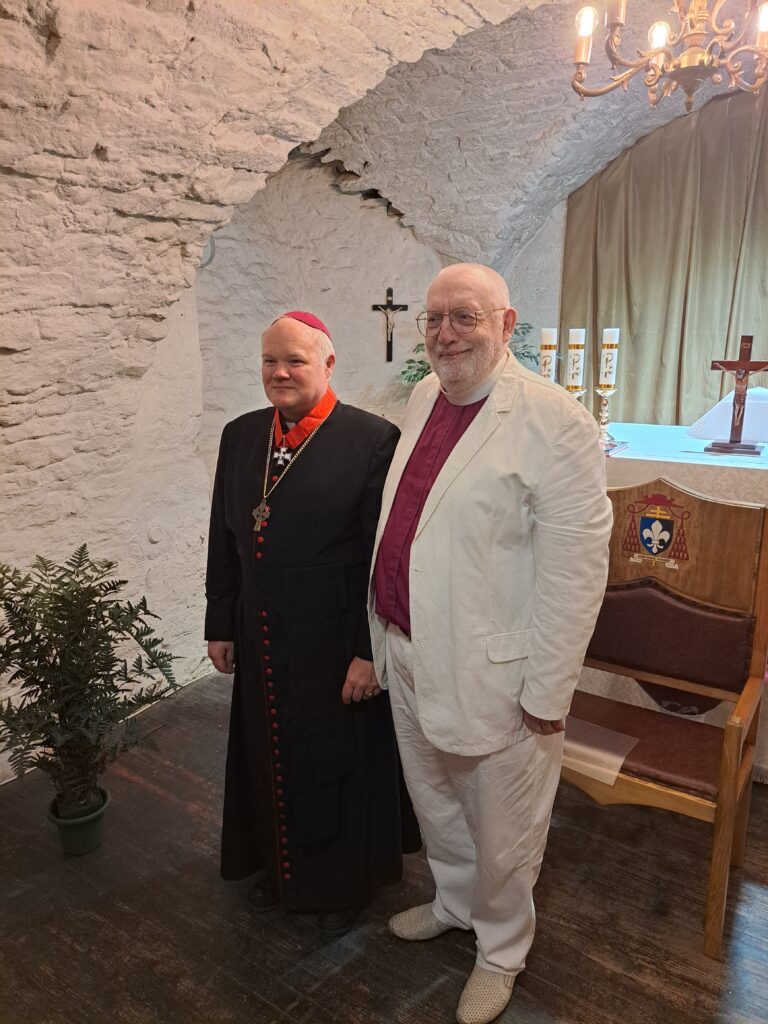
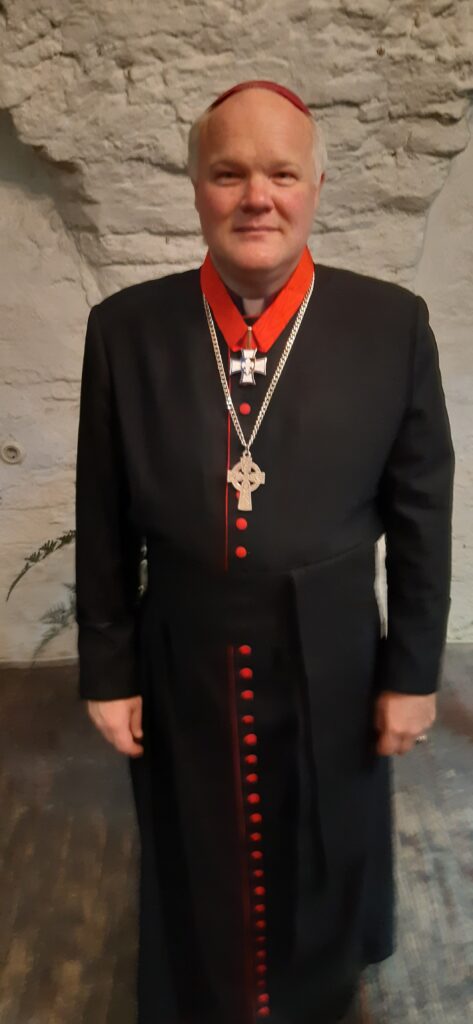
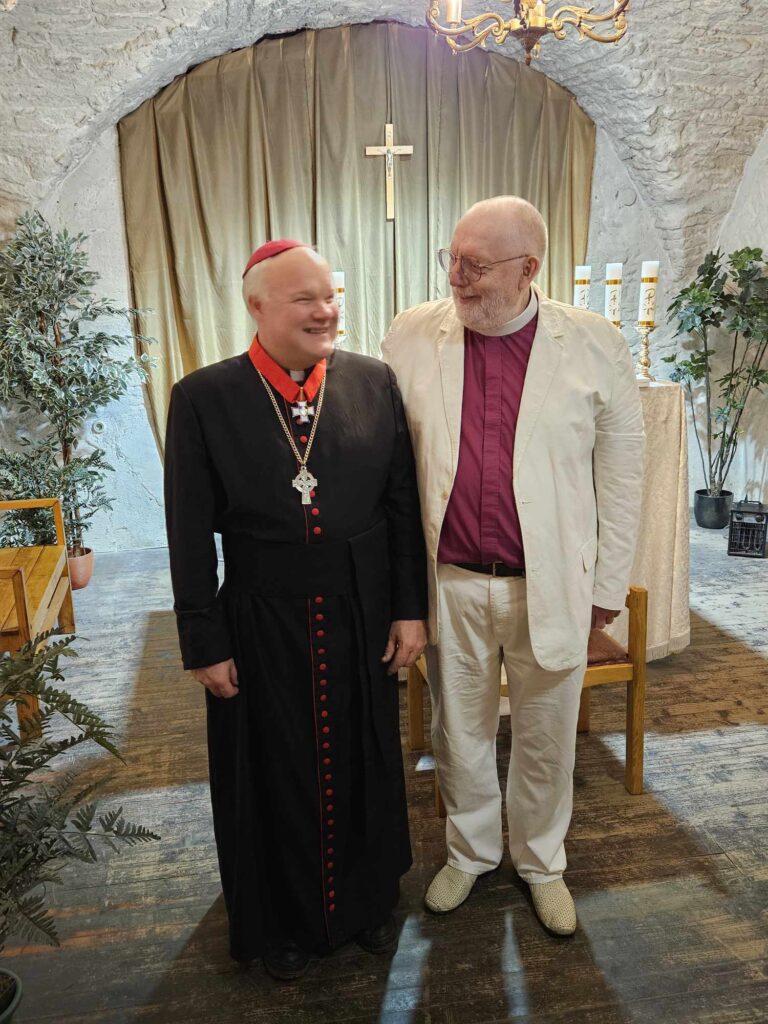
Order of Honour of Tallinn Patriarchate – the greatest honor to our clergy and lay people.
